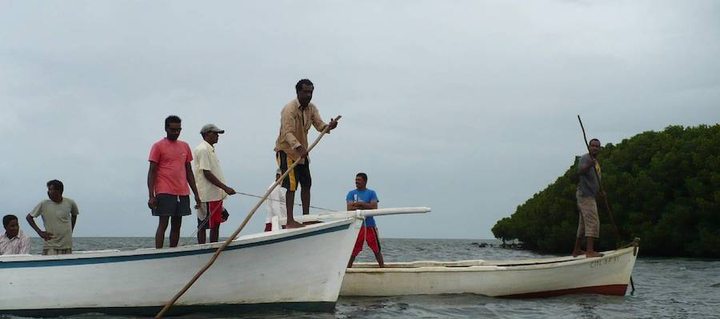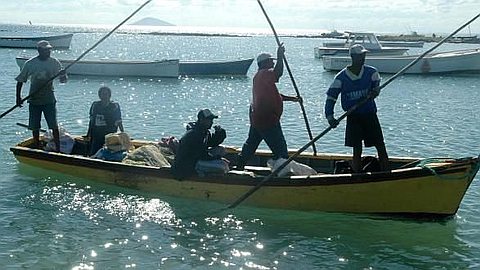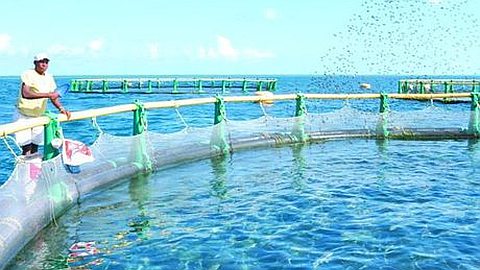Fisheries: The Fisheries Bill presented for first reading to Parliament

The main objective of the Bill is to repeal the Fisheries and Marine Resources Act and replace it with a more appropriate legislative framework following recommendations made by the Directorate-General for Maritime Affairs and Fisheries of the European Commission, and has given the rapid growth of the fishing sector around the world.
The bill takes into account, among other things, regional and international obligations as a flag state, coastal state and port state, and makes provision for:
- management, protection and conservation of marine resources, biodiversity and marine ecosystems;
- sustainable development of fisheries and aquaculture; And
- effective control and enforcement of fishing or fishing-related activities, and preventing, deterring and eliminating illegal, unreported and unregulated fishing or fishing-related activities.
It also takes into account international instruments that have been developed regarding the management of global fisheries resources, including resolutions of the Indian Ocean Tuna Commission, which establish a series of legally binding measures covering a wide range of issues. The bill introduces new provisions for the removal of wrecks, the management of abandoned fishing vessels, the deregistration of fishing vessels, the management of genetic resources, the marking of fishing vessels and the issuance of orders of stopping illegal structures, among others.
It takes into consideration issues regarding monitoring, control and surveillance, and provides for a fisheries monitoring center which will be responsible for monitoring the vessel monitoring system, the electronic reporting system and the automatic identification system.
Ultimately, the text of the law provides for harsher penalties to deter illegal activities, while fixed penalties are introduced for less serious offenses. Furthermore, the bill responds to the recommendations of the 2018 report of the commission of inquiry into drug trafficking, according to which it is obligatory to notify the competent authorities during a fishing expedition.





